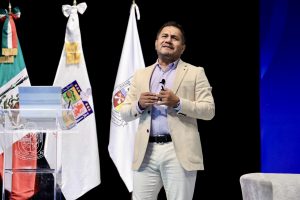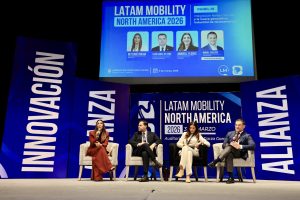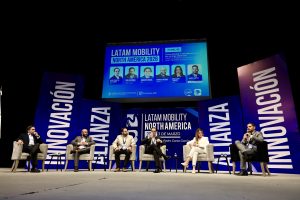
Colombia Offers Great Potential for Developing Smart and Sustainable Cities
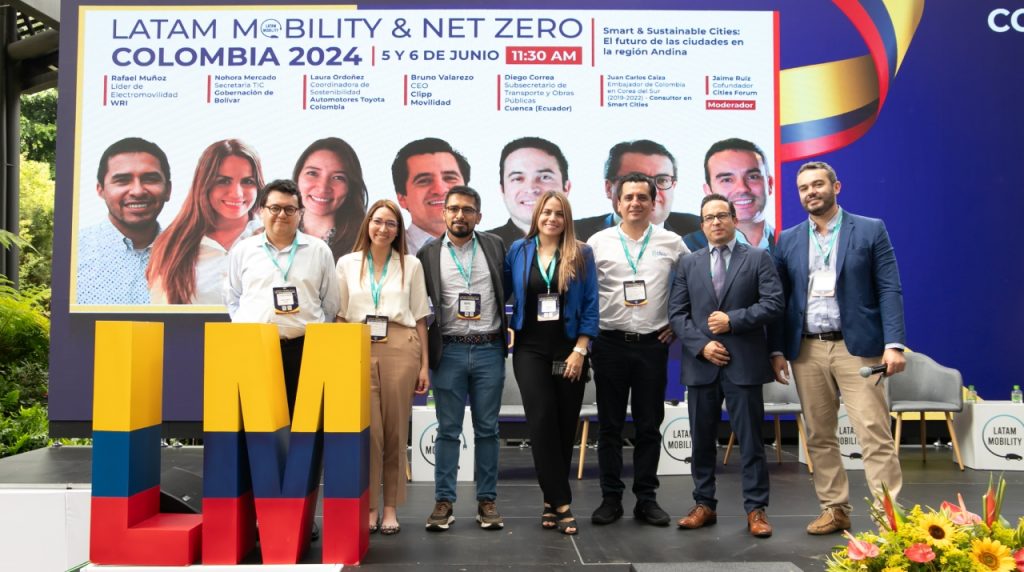
The “Latam Mobility: Colombia 2024” discussed the future of Latin American cities through technology and public policies and private sector investment with the panel “Smart & Sustainable Cities”.
Diego Correa, Undersecretary of Transportation and Public Works of Cuenca, Ecuador, noted that they are looking for an inclusive, comprehensive mobility plan adapted to the region. “The human factor is important, we developed the first electromobility plan focused on reality.”
He stressed that it is essential to take advantage of Ecuador’s potential in hydroelectric, wind and photovoltaic, which represents an “energy mix” to transform and achieve sustainability in cities.
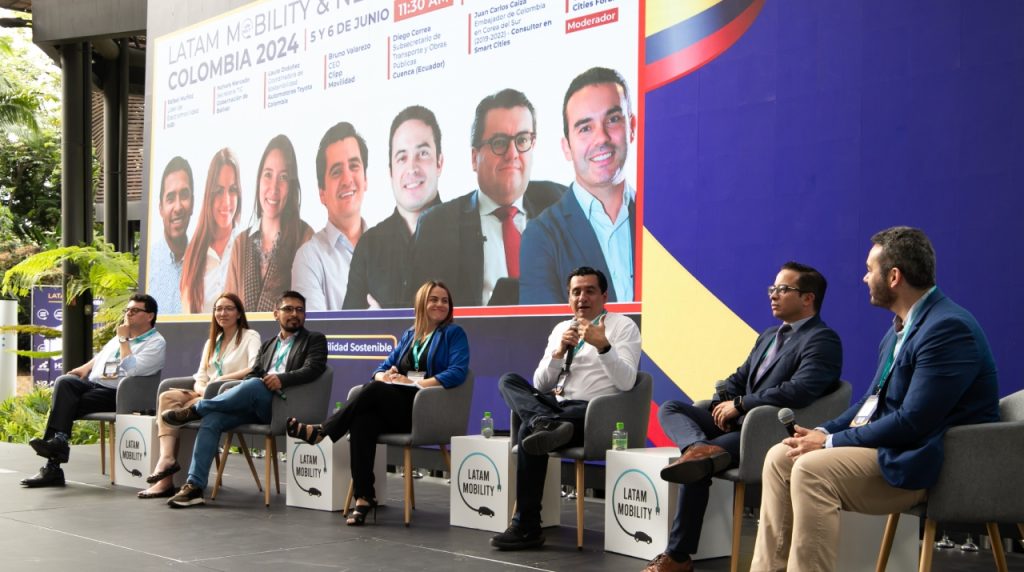
City Technology
Nohora Mercado, ICT Secretary of the Government of Bolivar, highlighted the importance of technology in communications, which is why they establish strategic projects and investments.
She noted that tourism in the region represents a great opportunity to transform to 100% digital districts focused on security and monitoring through points with meteorological sensors that evaluate the quality of water and air.
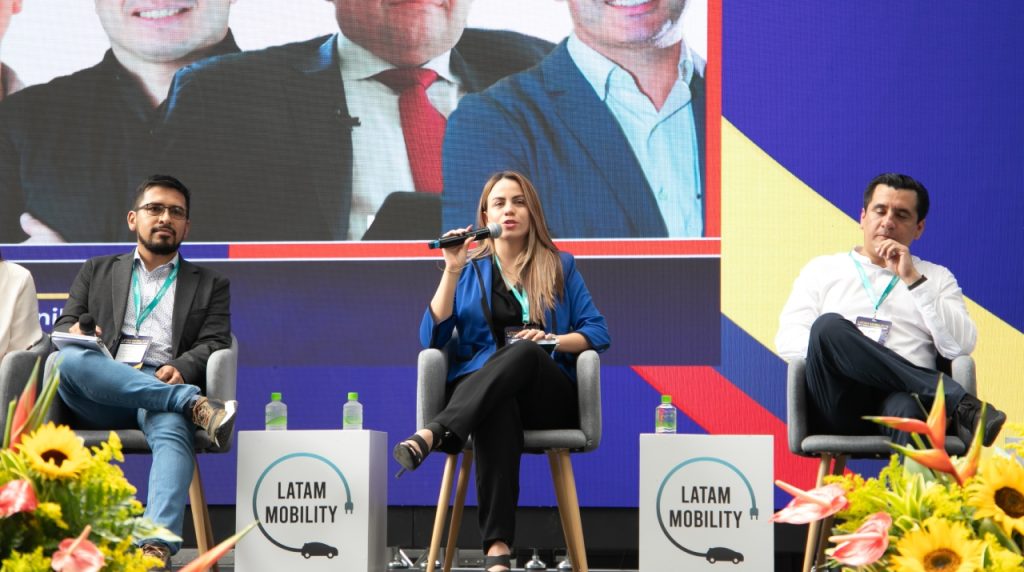
“We will boost tourism management, develop smart murals, smart roads and connect more than d 4,000 homes with fixed internet, establish an app with learning communities, supporting digital education to make the district smart,” she emphasized.
City Integration
Bruno Valarezo, CEO of Clipp Movilidad, highlighted the company’s growth in the field of mobility as a service by reaching operations in 23 cities in five countries.
“We seek to digitize means of transportation to advance mobility, with the objective of finding intelligent transportation systems with GPS, counting system, electronic payment, parking, bicycles,” he said.
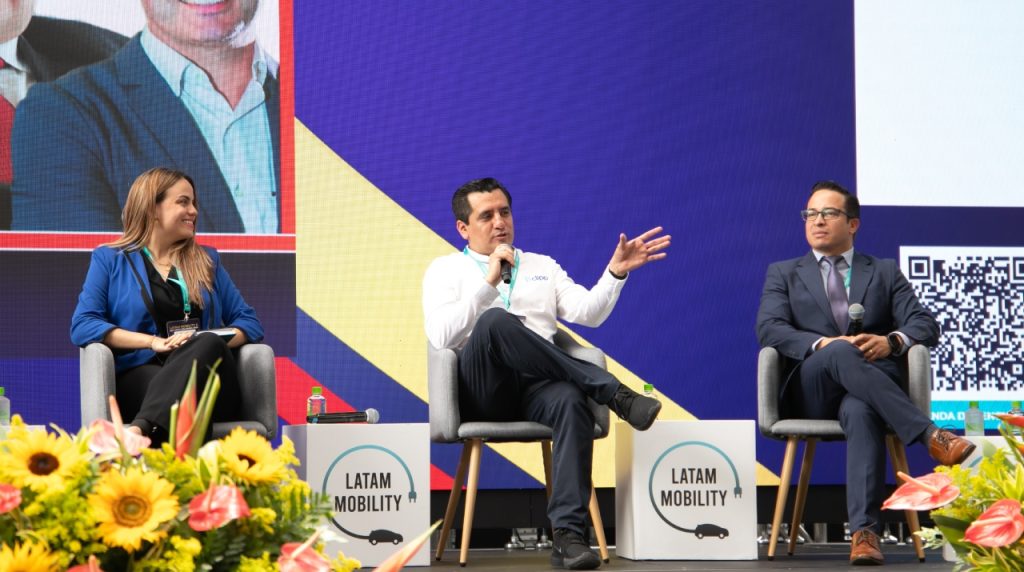
He explained that it is key to know the mobility needs of people. “We seek to have the entire mobility portfolio in one platform, we have technically solved in the cities where we have presence, the challenge is to reach more cities for a multimodal integration.”
Rafael Muñoz, WRI Electromobility Leader, explained at the Latam Mobility meeting in Colombia the company’s focus on sustainability issues to generate impact on citizens.
“We are aligned with a mobility strategy focused on zero accidents, zero exclusion and zero emissions. We have to have comprehensive projects, we have worked with intermediate cities so that electromobility extends beyond large cities,” he explained.
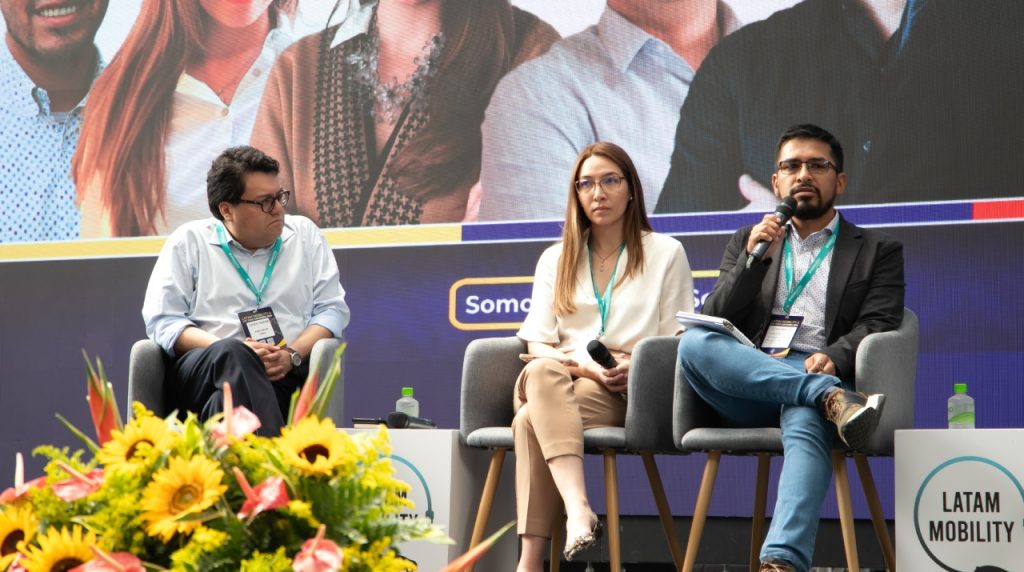
The WRI representative said that both in the public and private sectors there are great intentions to advance in sustainable mobility, but there are still bottlenecks in terms of information and financing.
“We must move forward in generating information and spaces to transform the thinking of governments. We are fully available to provide advice,” he said.
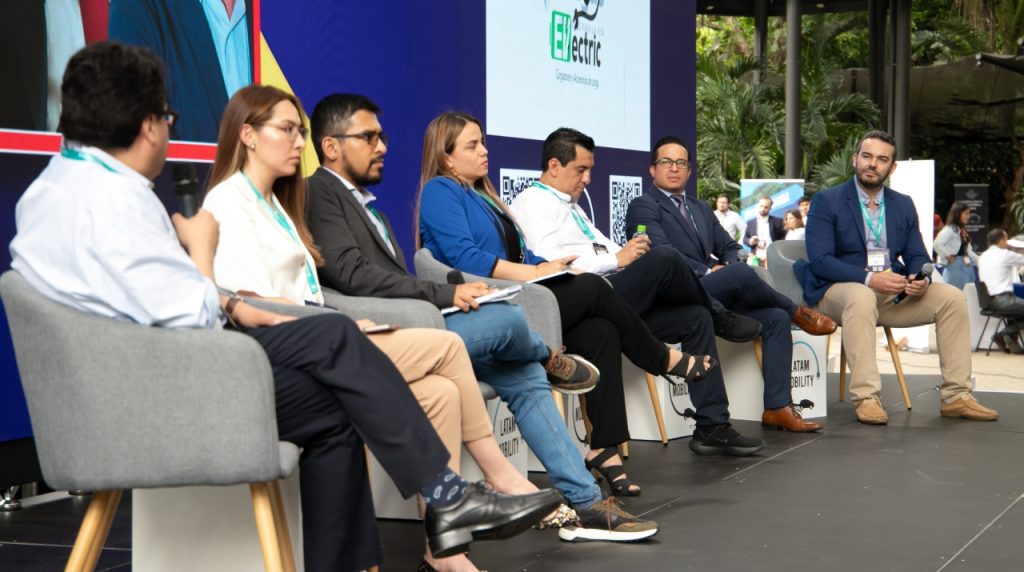
Toyota’s Smart City
Laura Ordoñez, Sustainability Coordinator for Automotores Toyota Colombia, revealed that the company is working on the construction of a smart city with a great vision towards sustainable mobility.
“We are applying high technology with the construction of solar panels, use of hydrogen that will allow us to have no emissions. We have a long-term planning vision with tests to see if it can be adapted to all regions of the world, for this we are looking for alliances that want to join this transformation,” she said.
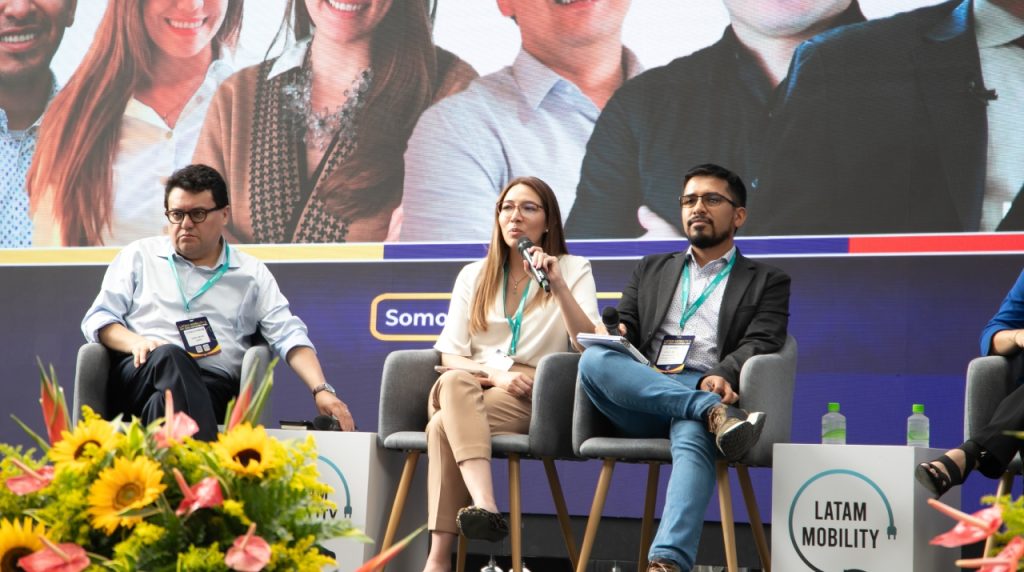
She detailed that in Colombia they have key alliances with Asocaña and Ecopetrol to promote generation with hydrogen technology. “We are very resilient with mobility, sustainability and customer satisfaction, we offer various technology options and the infrastructure of each region,” she concluded.
Juan Carlos Caiza, Ambassador of Colombia to South Korea and Smart Cities Consultant, highlighted the importance of dialogue between the public and private sectors to transfer success stories from abroad to Colombia and Latin America.
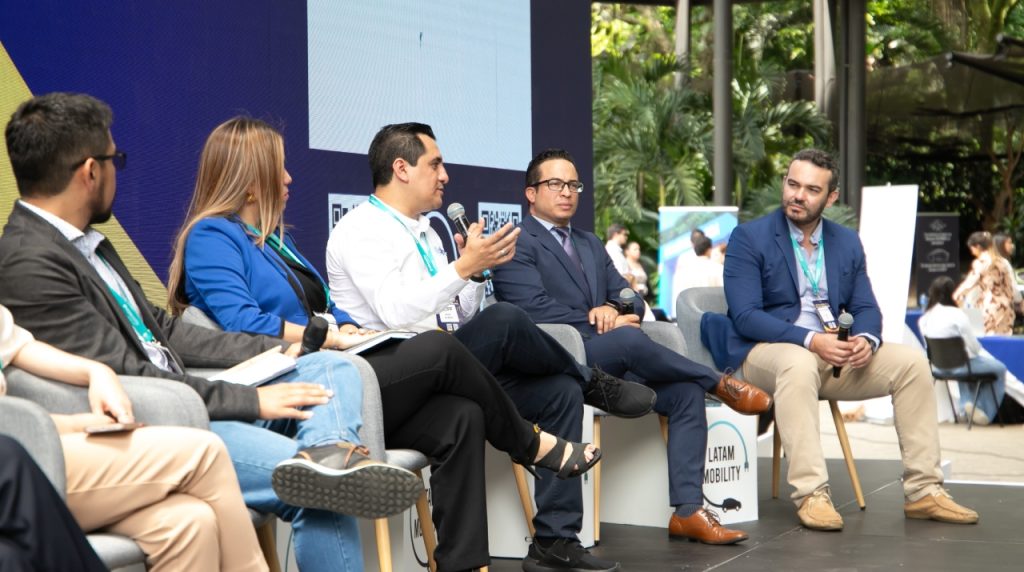
“We have to read the situation, we passed the covid that affected the supply chain and only in 2024 are economic results of 2023 coming out,” he said.
He affirmed that the great challenge is to empower cities and take advantage of scenarios such as the COP in Cali, and refine a clear strategy to positively exploit the attributes that Colombia has such as agriculture, bioeconomy, tourism, biodiversity, among others.




